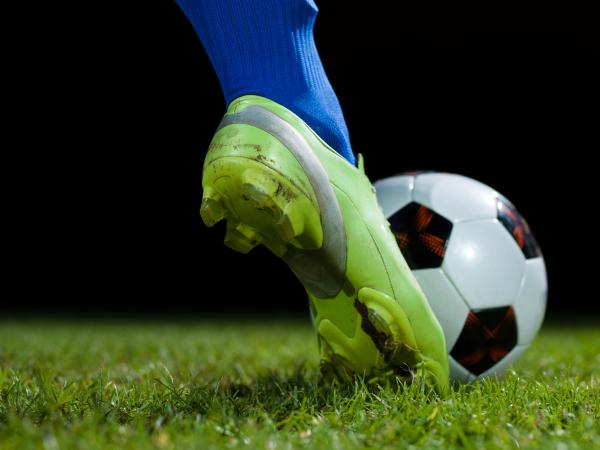
Teenage athletes who specialize in a single sport have a much greater chance of suffering injuries to their knees, ankles and portions of their upper legs as compared to athletes who play multiple sports, according to a new study presented yesterday at a medical conference in Canada.
Athletes classified as "moderately specialized" were found to be at a 50 percent greater risk, while those "who had a high specialization classification had an 85% higher incidence of LEI," or lower extremity injuries.
Those were the primary findings delivered by the study's lead researcher, Timothy A. McGuine, PhD, ATC from the University of Wisconsin, at the American Orthopaedic Society for Sports Medicine's Annual Meeting in Toronto.
"Sport specialization appears to be an independent risk factor for injury, as opposed to simply being a function of increased sport exposure," said Dr. McGuine, whose study was comprised of more than 1,500 athletes with an average age of 16 years. As for gender composition, it was equally split between males and females.
The primary reason for the increased rate of injury is that playing one sport over and over places greater stress on the same body parts time and time again, during a critical period when they are still developing. By comparison, playing multiple sports throughout the year taxes different body parts, ligaments and muscles, thereby spreading out the physical stress being placed on young bodies.
More than a third of the injuries, which resulted in an average of seven days of missed participation, involved ankles (34%); knee injuries affected a quarter (25%) of the participants; while 13% suffered upper leg injuries. Among the study's participants, "Soccer was the sport with the highest percentage of athletes being highly specialized," the authors stated.
 The study reinforces previous work by the American Orthopaedic Society for Sports Medicine, or AOSSM, a founding partner of the STOP Sports Injuries campaign, which we wrote about last year. STOP's mission is to educate coaches and parents about the dangers of single sport specialization, and the severe injuries that can result from this type of athletic participation that often require major surgery.
The study reinforces previous work by the American Orthopaedic Society for Sports Medicine, or AOSSM, a founding partner of the STOP Sports Injuries campaign, which we wrote about last year. STOP's mission is to educate coaches and parents about the dangers of single sport specialization, and the severe injuries that can result from this type of athletic participation that often require major surgery.



